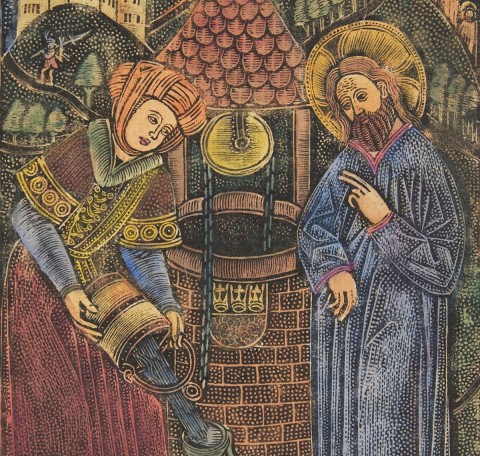A prophetic ministry of relationship
Jesus in conversation with three women in the Gospels

The creedal affirmation that Christ’s suffering happened “under Pontius Pilate” rightly situates the incarnation in the midst of secular history. But the focus on Jesus’ passivity has arguably served to eclipse attention to the concrete—and often politically subversive—features of his ministry. As womanist and feminist theologians in particular have pointed out, one result has been to encourage passivity among his followers, especially among those who subsist at the margins of church and society.
If Jesus’ prophetic ministry is reduced to his suffering, it seems to follow that the good disciple is one who endures suffering, with little attention to the fact that the defining practices of Jesus’ ministry, his healing the sick and associating with outcasts, reflect a commitment to alleviating suffering. To be sure, Jesus warns his followers that such commitment will itself entail suffering. But it is a suffering that comes from challenging the present order rather than passively acquiescing to its demands.
However infelicitous the theological deployment of “suffered under Pontius Pilate” has been, the phrase can bear a more expansive interpretation. Because Pilate was prefect of Judea through the whole course of Jesus’ ministry, it is not necessary to limit Jesus’ suffering under him to his last days in Jerusalem. This is especially the case if suffering is not equated with physical or psychological pain but rather is interpreted as meaning (from the Latin suffere) to bear, endure, or undergo.




